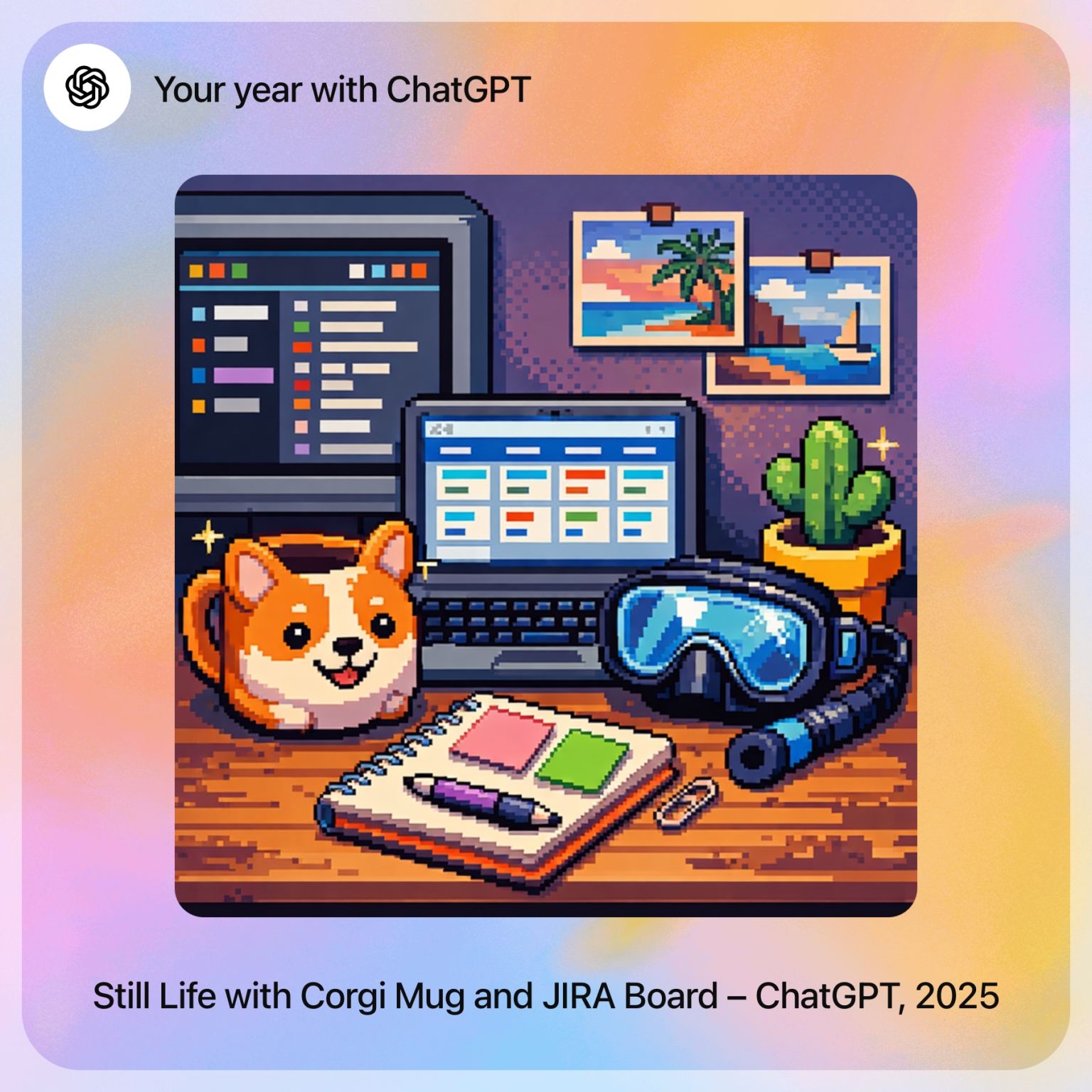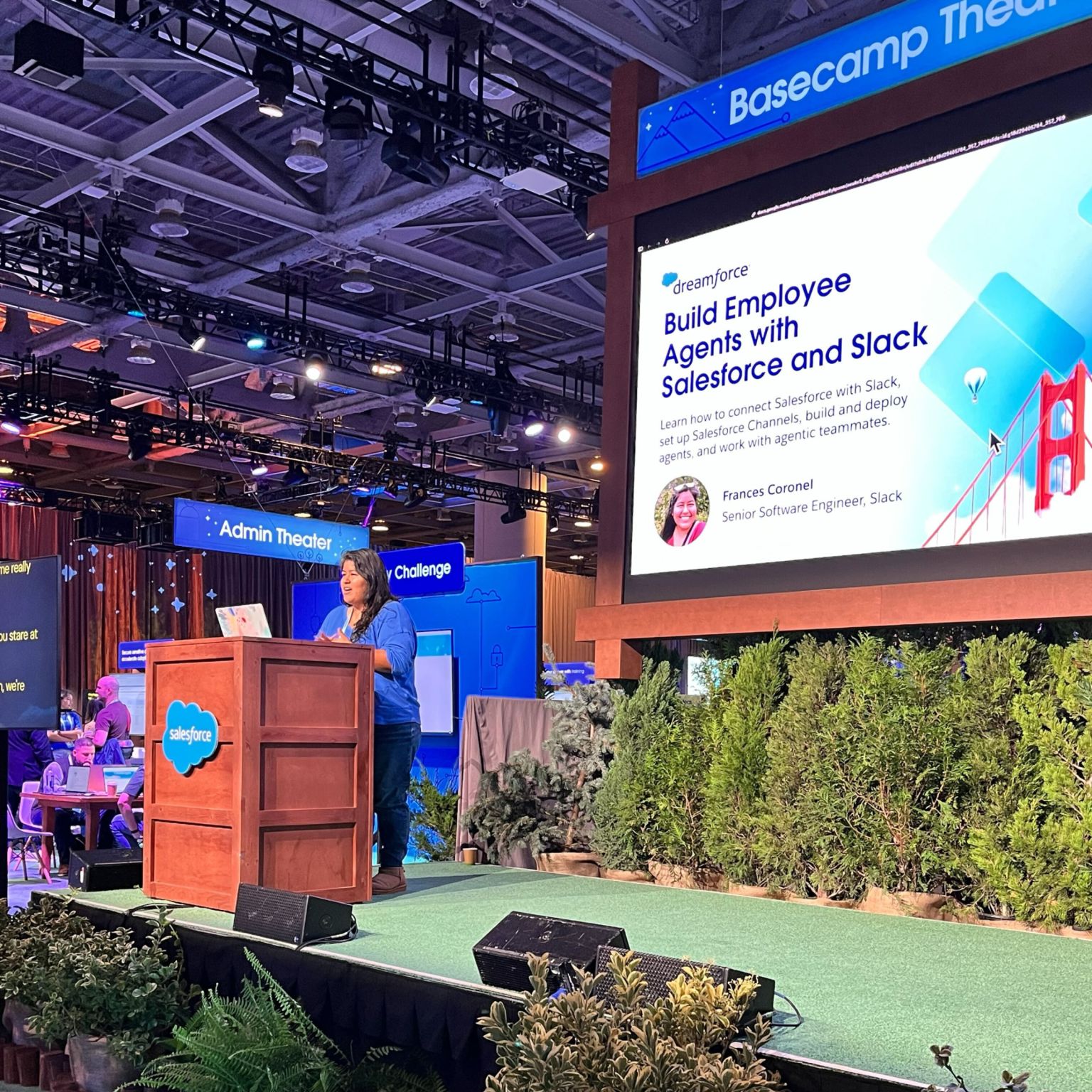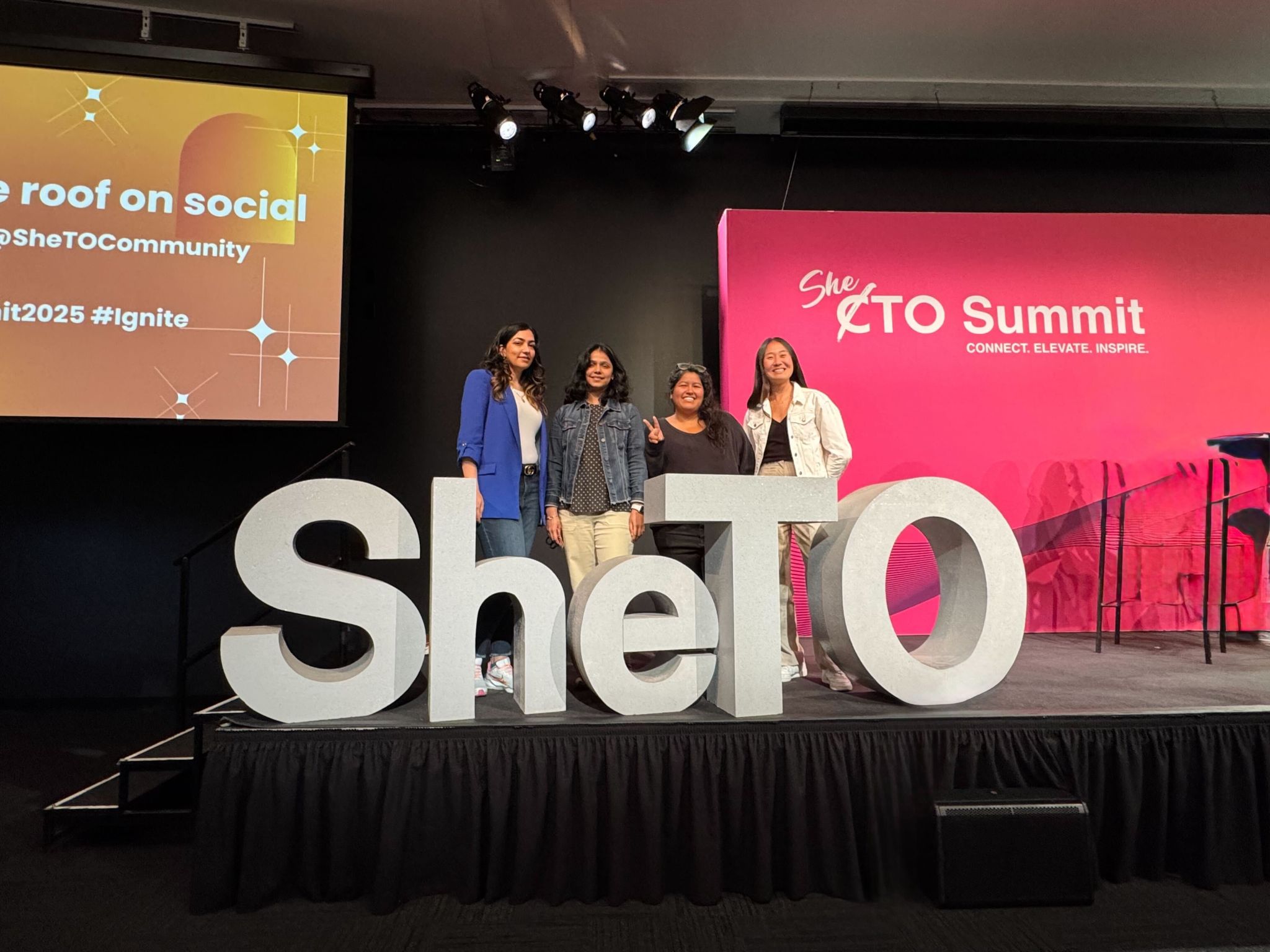Will the Whiteboard Test Become a Thing of the Past?
I was interviewed for an article on how a growing number of companies are using an alternative interview process for software engineers.

Originally published on Built In
Section of the article where I was quoted:
PROJECTS INSPIRED BY REAL-LIFE TASKS
One way to keep job applicants at ease is to have them work on projects based on real-life situations that they may be familiar with. That was the case for Frances Coronel, senior software engineer at Byteboard, when she was interviewing at various companies before accepting a role at her current company.
Coronel interviewed at a startup that presented her with a simulated scenario troubleshooting a bug for a customer. The company sent her an alert with a hypothetical support ticket involving a problem encountered when a customer was trying to process images. As part of the test, she had to analyze the software bug, reply to a pretend customer agent on the employer’s platform and help them address the bug and explain why it was happening.
“This test was about testing my communication skills and the day-to-day process I use as an engineer, like my analytical skills and how to reverse-engineer a bug you run into,” Coronel said. “This tested my tangible real-world skills.”
She was also given a chance to pick the language she wanted to use in the coding test, which helped make the experience more positive.
Another section of the article where I was quoted:
Whiteboard Tests May Turn Some Candidates Off
For Coronel, this real-life coding test was a stark contrast to the first time she encountered a whiteboard test in an interview in 2015 with a cloud storage company at a conference.
Recruiters with the cloud storage company were friendly, but the man administering the whiteboard test was a bit standoffish and spoke very little during the 30-minute test, Coronel recalled.
“I felt that was one of the worst experiences I have ever had with a whiteboard test.”
He asked Coronel to reverse a binary search tree in any language of her choosing. And although it is common for job interviewers to provide guidance during a whiteboard test, the cloud storage tester remained quiet. Halfway through the test, he thanked Coronel for her time and asked her to leave.
“I felt that was one of the worst experiences I have ever had with a whiteboard test,” she said.
Another unfavorable experience occurred when she interviewed earlier this year with an email startup. Coronel was not expecting a whiteboard test and was surprised when they asked her to come up with pseudocode for a tic-tac-toe app, which had no relevance to what she would do on the job if hired.
As a result, Coronel and others like her may avoid interviewing at companies that conduct whiteboard tests.






